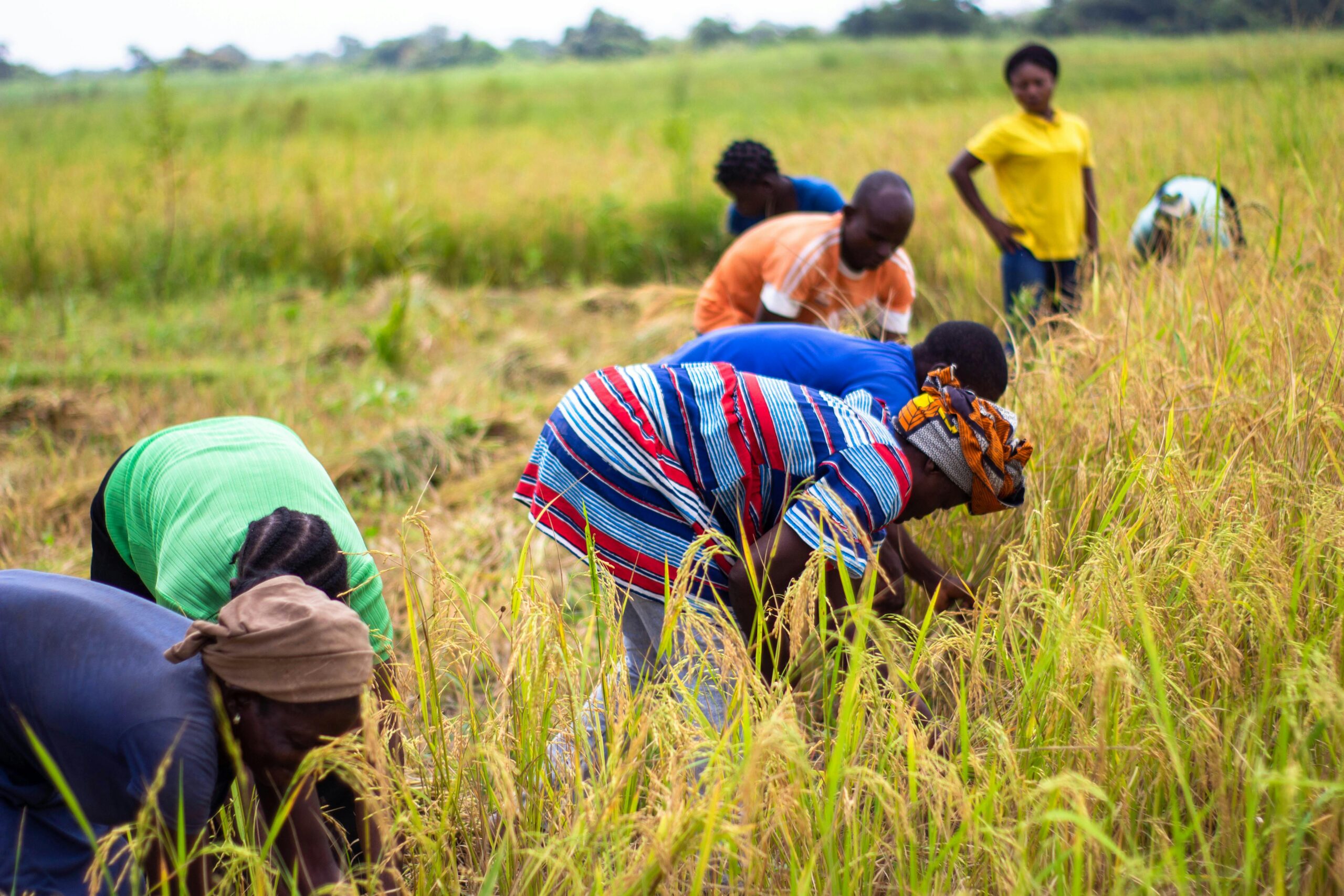Africa's rich and diverse agricultural landscape has long been seen as a sleeping giant in global trade. With fertile land, a young workforce, and a growing demand for food products, the continent holds the promise of becoming a global agricultural powerhouse. However, to turn this potential into reality, financing mechanisms must evolve to support African farmers and exporters at every stage of the value chain.

Why African Agricultural Export Financing Matters
African agricultural export financing is not just a buzzword but a fundamental requirement to support the continent’s food producers and exporters. Specialized financing solutions are required to bridge the gap between production and market delivery. These include trade finance, invoice discounting, export credit insurance, and structured commodity finance, all tailored to the unique challenges African agribusinesses face.
Midway through many export journeys, African agricultural export financing becomes critical. For example, a cashew nut exporter in Benin may secure a buyer in Europe, but without access to pre-shipment finance or insurance guarantees, the deal falls through. Financial institutions and development finance organizations must step in to create innovative tools that empower exporters to move goods from farms to foreign shelves smoothly.
The Growing Role of Africa in Global Agro Trade
In recent years, Africa has started to gain traction in the global agricultural commodity trade. The continent’s exports range from cocoa and coffee to cashew nuts, tea, and horticultural products. Countries like Nigeria, Kenya, Ghana, and Côte d'Ivoire have become notable contributors to international markets. Yet, despite the increase in demand for African produce, many farmers and exporters still face significant barriers that prevent them from scaling their operations.
Limited access to credit, high interest rates, and inadequate financial infrastructure make it difficult for African producers to meet global standards and large-volume demands. Without solid financial backing, farmers are often unable to invest in quality inputs, mechanization, storage facilities, or logistics. As a result, they lose competitiveness in the global agricultural commodity trade.
Integrating Africa into Global Supply Chains
To fully tap into the opportunities of global agricultural commodity trade, Africa must improve its trade infrastructure and develop partnerships with international buyers. Financiers and policymakers should work together to reduce risks, promote transparency, and improve access to credit. Initiatives such as export guarantee funds, digital trade platforms, and regional trade pacts like the African Continental Free Trade Area (AfCFTA) can dramatically enhance Africa’s global trade position.
Investment in agricultural export infrastructure is another crucial area. Efficient cold chains, port logistics, quality certification labs, and e-commerce platforms must be built or improved to match global standards. These investments can only be sustained through well-structured financing frameworks that cater specifically to African agricultural export needs.
Looking Ahead: Building Resilience and Growth
The future of African agriculture lies in how well the continent can integrate into the global agricultural commodity trade through sustainable export financing models. As climate change, global inflation, and supply chain disruptions continue to affect markets, resilience will depend on creating adaptable financial tools that serve both large agribusinesses and smallholder farmers.
Moreover, digital solutions such as blockchain in trade documentation, fintech platforms for lending, and mobile-based insurance schemes can play a pivotal role in enhancing transparency and reducing costs. Stakeholders must be proactive in developing financial ecosystems that work across rural and urban divides.
In conclusion, transforming African agricultural export financing is essential to unlocking the continent’s full potential in global agricultural commodity trade. Through strategic partnerships, innovative financing models, and inclusive infrastructure development, Africa can emerge as a leading force in global agro exports.
Comments on “Unlocking Africa's Potential in Global Agro Trade Finance”